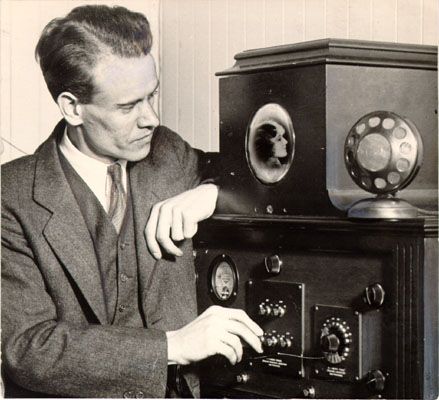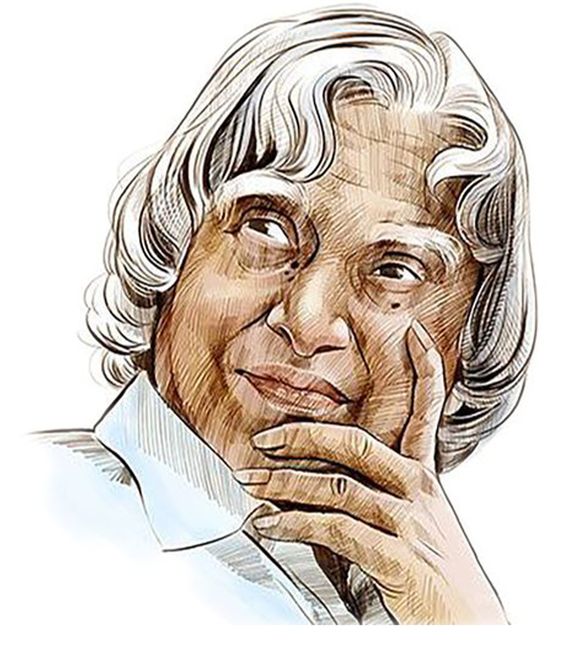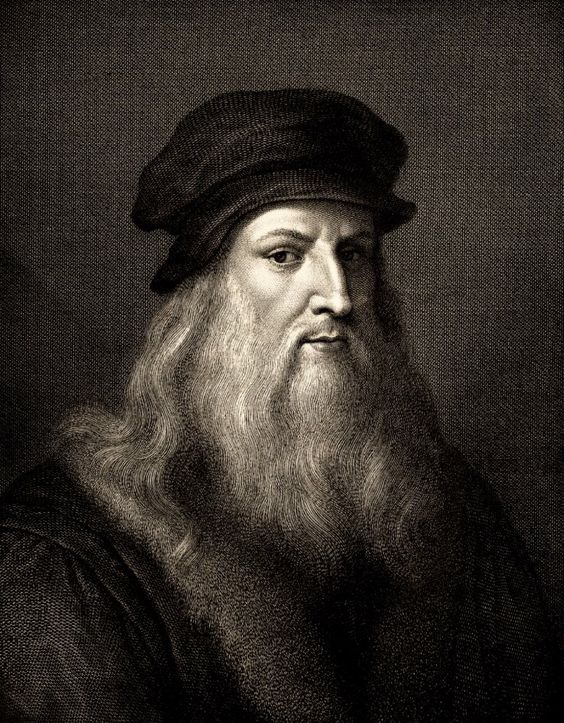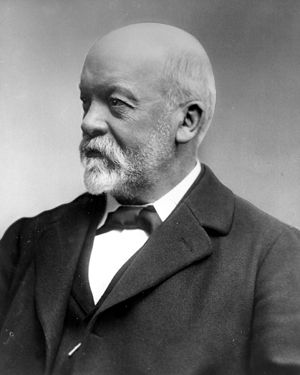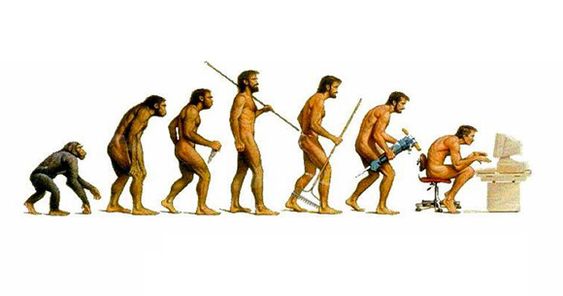Transmitting Vision: The Inventor Behind the Television Revolution
Introduction: Television has become an integral part of our lives, providing entertainment, information, and a window to the world. But have you ever wondered about the individual who brought this remarkable invention to life? In this blog post, we explore the life and contributions of the man who invented television and revolutionized the way we connect and consume media.
Philo Farnsworth: The Visionary Inventor: The credit for inventing the television goes to the American inventor and engineer Philo Farnsworth. Born on August 19, 1906, in Beaver, Utah, Farnsworth is recognized as one of the pioneers of electronic television. His relentless pursuit of transmitting images and sound through the airwaves laid the foundation for the modern television systems we enjoy today.
Farnsworth’s Journey and Achievements: Philo Farnsworth’s fascination with electronics began at a young age. Inspired by the concept of transmitting images through electric signals, he started working on his television design in the 1920s. By 1927, at the age of 21, Farnsworth successfully transmitted the first electronic television image, forever changing the course of communication and entertainment.
Farnsworth’s invention relied on the principle of the image dissector, a device that could capture images using a series of electronic components. This groundbreaking invention formed the basis of electronic television technology, allowing for the real-time transmission of images and sound.
The Impact of Farnsworth’s Invention: Philo Farnsworth’s invention of the television had a profound impact on society and transformed the way we receive information and entertainment. Television became a powerful medium for news, education, and cultural expression, bridging distances and bringing the world into people’s homes.
As television technology advanced, broadcasting networks were established, and programming expanded, offering a wide range of content to viewers. From news broadcasts and documentaries to sitcoms, dramas, and live events, television became an integral part of daily life, shaping popular culture and connecting people across borders.
The Evolution of Television: Since Farnsworth’s pioneering invention, television technology has undergone remarkable advancements. From the early black and white sets to color television, high-definition displays, and now the emergence of smart TVs and streaming services, the evolution of television has been extraordinary.
Technological advancements have led to improved picture quality, enhanced audio, and interactive features, providing viewers with immersive and personalized experiences. The rise of digital broadcasting, satellite television, and internet streaming has expanded access to a vast array of content, transforming how we consume and engage with television.
The Television Industry: The invention of television not only revolutionized entertainment but also created a thriving industry. Television production, advertising, and broadcasting have become major sectors, employing millions of people worldwide. The television industry continues to innovate and adapt to changing viewer preferences, exploring new formats, and embracing emerging technologies.
Conclusion: The invention of television by Philo Farnsworth marked a significant milestone in human communication and entertainment. Farnsworth’s visionary spirit and dedication to unlocking the potential of electronic transmission paved the way for a medium that has connected billions of people around the globe.
As we gather around our television sets or stream our favorite shows, let us remember the brilliant mind behind this transformative invention. Philo Farnsworth’s contribution to the world of technology and broadcasting has forever changed how we experience and engage with visual media. The television stands as a testament to human ingenuity and the power of innovation in shaping the way we see the world.





